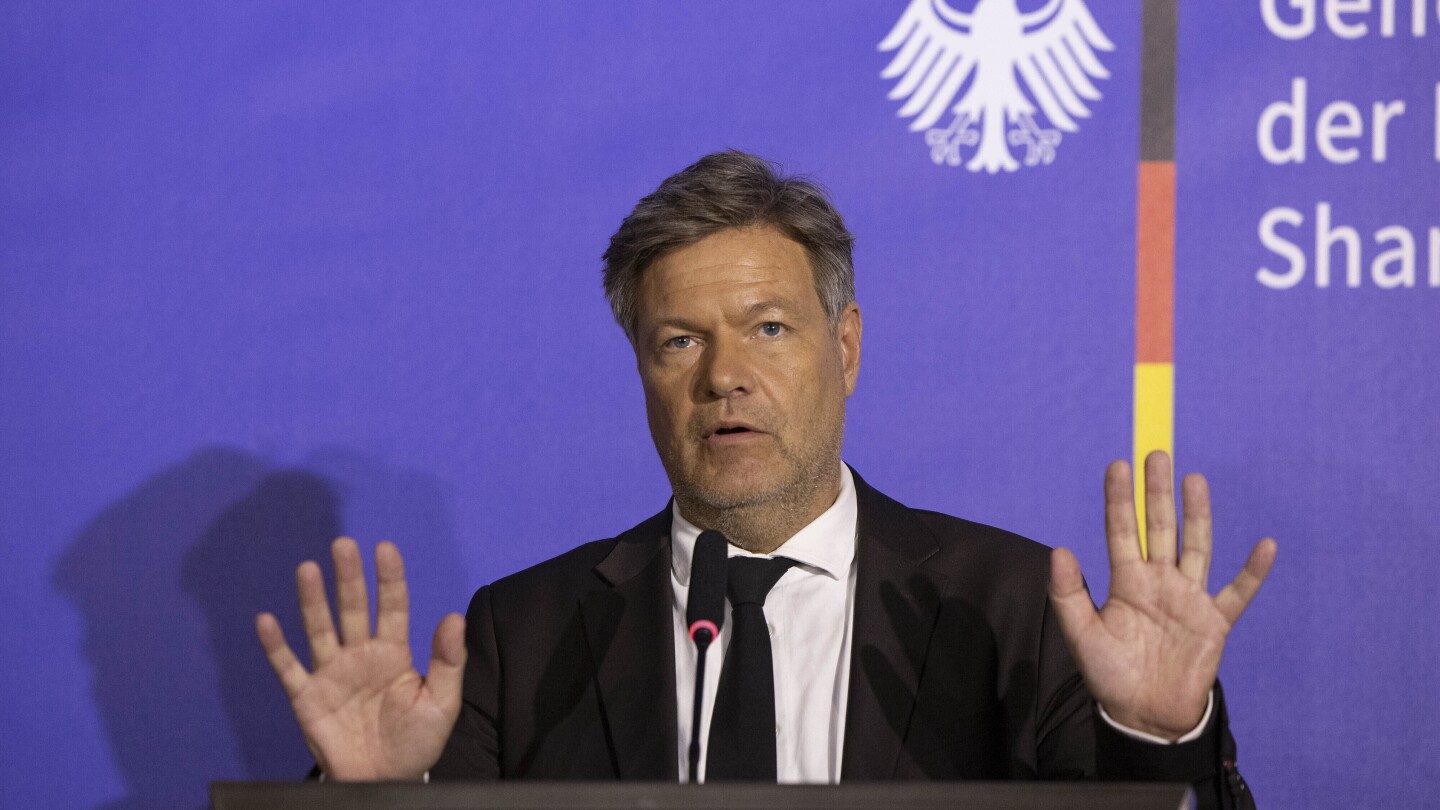BERLIN (AP) — The German government on Friday announced plans to provide about 3.3 billion euros ($3.7 billion) in funding for projects to make industry more climate-friendly, including by storing carbon dioxide underground at offshore sites.
Germany, which has Europe’s biggest economy and is home to many energy-intensive industries, aims to cut its emissions to “net zero” by 2045. The new program is aimed largely at medium-sized companies.
The Economy Ministry plans to launch the program, which also covers projects to shift to more climate-friendly production, next month. Companies will then have three months to submit projects for possible support. The program is slated to run until 2030, with annual bidding.
The government announced in February that it plans to enable so-called carbon capture and storage, pushing ahead with a much-discussed technology in an acknowledgement that time is running out to combat climate change. Opponents maintain that CCS is unproven at scale and has been less effective than alternatives such as solar and wind at decarbonizing the energy sector.
The Economy Ministry — led by Vice Chancellor Robert Habeck, a member of the environmentalist Green party — said funding for carbon storage plans will be limited to cases of CO2 emissions that are “hard to avoid,” with investments in the cement, glass and ceramic industries among those that could be eligible for backing.
The government already launched a program of “ carbon contracts for difference,” meant to help the shift to more climate-friendly production methods.
__
Read more of AP’s climate coverage at http://www.apnews.com/climate-and-environment

